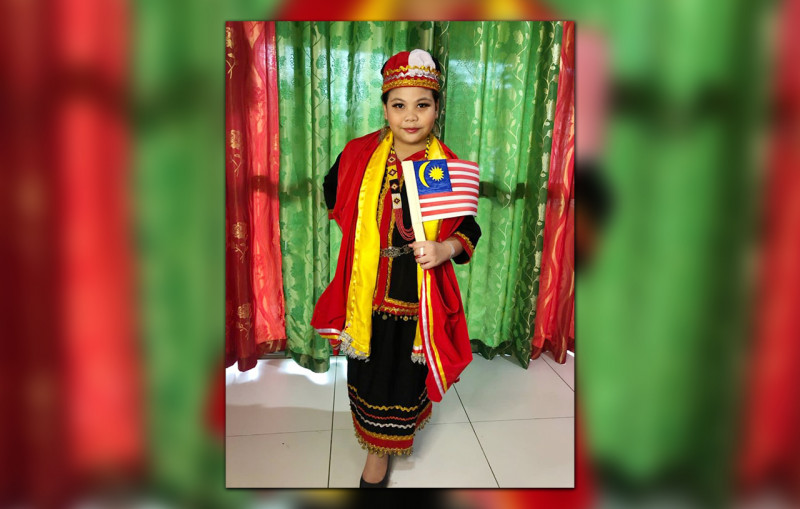Sultan of Selangor warns against the danger of 'new colonialism' in social media
Malaysia celebrated 67 years since the end of British rule. In a speech, Sharafuddin Idris Shah highlights the dangers linked to ethnic and confessional divisions, urging his compatriots to share the same vision. Diversity, he noted, is the glue that holds people together.
Kuala Lumpur (AsiaNews) – The Sultan of Selangor, Sharafuddin Idris Shah, issued a statement on Malaysia’s Independence (Merdeka) Day (31 August). In it, he called for unity and an end to ethnic and confessional divisions, urging his compatriots to put aside personal interests in the name of a shared vision.
Some “Political leaders,” said the sultan without naming names, “continue to ply hateful communal politics despite the danger this poses to the social fabric of the country;” for this reason, he warns, “leaders and politicians to avoid inciting hate politics”.
Malaysia gained independence from Great Britain on 31 August 1957. However, after more than 60 years, it faces a real "identity crisis", in which race and ethnicity are clearly influencing politics, education, and the economy.
Sultan Sharafuddin reminded his compatriots that diversity must not be a reason to stay apart, but must be perceived as a blessing to promote a respectful and plural society.
He added that close attention must be paid to sensitive topics like race, religion, and royalty (the so-called 3Rs), to avoid toxic narratives that can disturb the peace in a pluralistic society.
The latest incident of this kind involves a former prime minister, Muhyiddin Yassin, who heads the opposition National Alliance (Perikatan Nasional), who was accused of sedition for his comments about the previous king during a recent byelection campaign in Nenggiri.
On another occasion, Sultan Sharafuddin advised younger Malaysians to take the time to delve deeper into the meaning of Independence (merdeka) and to understand that it is not just a matter of shouting it aloud once a year on 31 August.
He warned of the dangers of a "new colonialism" spreading around the world, particularly through technology and social media.
As he pointed out, politicians are exacerbating religious and cultural divisions in the face of a more rigid vision of Islam that is developing and threatening the status quo.
Non-Muslim Malaysians and progressive Muslims worry about laws such as Islamic criminal law (Hudud) or potential enactments of rules inspired by Sharia, Islamic law.
This is not a remote prospect since some states are governed by the Islamist Pan-Malaysian Islamic Party (PAS).
The fear is that new rules could destroy Malaysia’s pluralistic identity and unique mosaic.
People aspire to social stability and can only achieve it if the country's government apparatus takes an inclusive, not an exclusive, approach to sharing economic wealth, jobs, and education opportunities.
The different parts of the Malaysian mosaic – which includes indigenous groups, ethnic Chinese, Indians, Borneo Dayaks, Kadazan, and other minorities – reflect a nation that is as diverse as it can be.
As the sultan put it, diversity is the key that glues people together, and this must become the electrifying clarion call in Anwar’s[*] trademark rousing speeches when he speaks to the Malay heartland.
[*] Anwar bin Ibrahim, current prime minister of Malaysia
20/07/2024 12:27
22/03/2024 16:27
01/09/2025 15:44
03/06/2024 13:36







.png)










